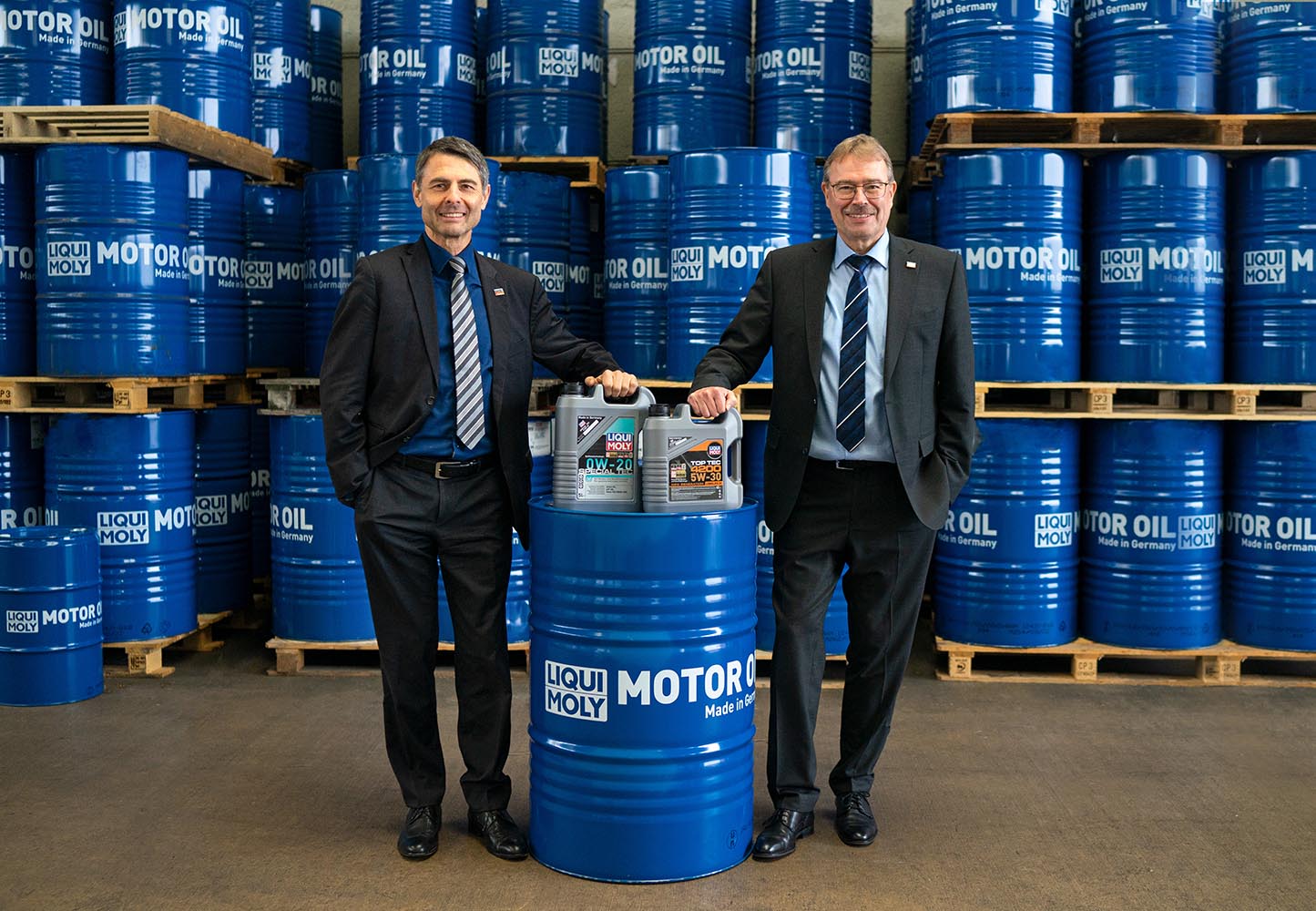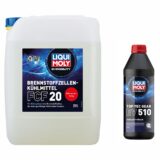
German lubricants maker Liqui Moly eyes EUR1B sales by 2024
Privately-owned German automotive chemical manufacturer Liqui Moly continues targeting EUR1 billion (USD1.08 billion) in annual revenues by 2025 after posting double-digit sales expansions in 2023 despite considerable economic headwinds.
The lubricant and fuel additive specialist announced full-year sales climbed nearly 15% to EUR917 million (~USD990 million) as volume output approached or hit facility ceilings in several categories. Group leadership says outperformance supports likely crossing the 10-figure milestone a year early assuming current growth holds.
In a statement, Managing Directors Günter Hiermaier and Uli Weller credited resilient consumer and commercial demand absorbing significant cost escalations from logistics to energy pricing alongside inflation rippling across imported feedstocks and packaging. Price discipline aimed at limiting customer pass-through helped protect market share.
The two executives specifically highlighted workers sharing corporate success via special compensation for navigating last year’s difficult conditions. Additions like flexible work policies supplemented both the maximum EUR3,000 (~USD3,240) bonuses and extra collective wage agreement payments reaching 10% for production staff.
However, mounting capacity constraints equally highlight necessary facility expansion commitments defending current trajectory. Last year’s output figures saw total lubricant volumes swell more than 9% to 94,000 metric tons led by motor and transmission oils. But nameplate rating limits foresee hitting ceilings by the middle of the decade absent capital investment.
Already the largest independent oil blender in Germany, Liqui Moly continues pushing specialised distribution channels while leveraging brand identification popular domestically. It likewise maintains ambitious international target growth leveraging subsidiaries and widened geographic sales penetration following premiumisation efforts lifting perceptions.
Analysts noted resilience stretching nearly three unbroken decades of profitability even through cyclical fluctuations and the Great Recession. Privately-held Liqui Moly’s balance sheet lacks debt concerns, while its commercial structure allows long-run perspective.











